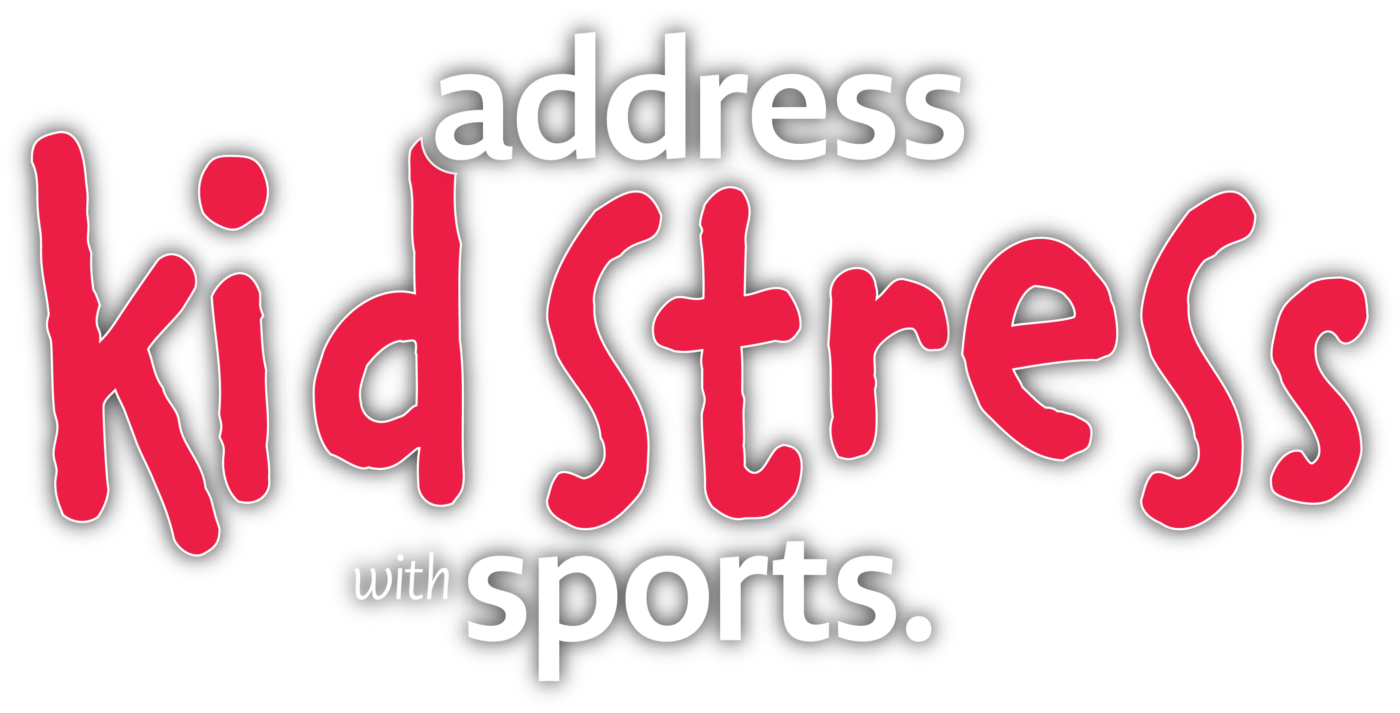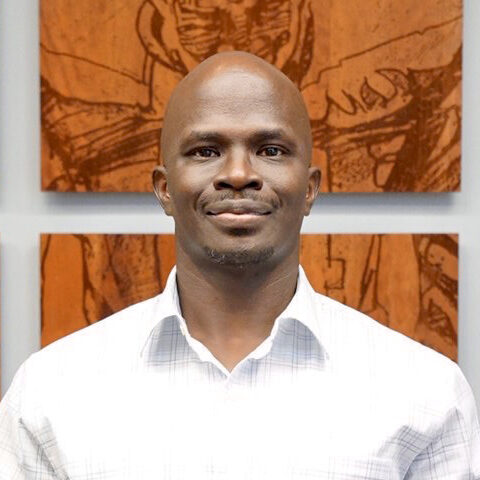Kids today face more pressure than ever before.
This is due to factors like social media, social acceptance, and social pressure. As kids head back to school this Fall, how can we help them navigate and develop in this changing landscape?
It may surprise you to hear that participation in sports can address the big stressors facing today’s youth:



